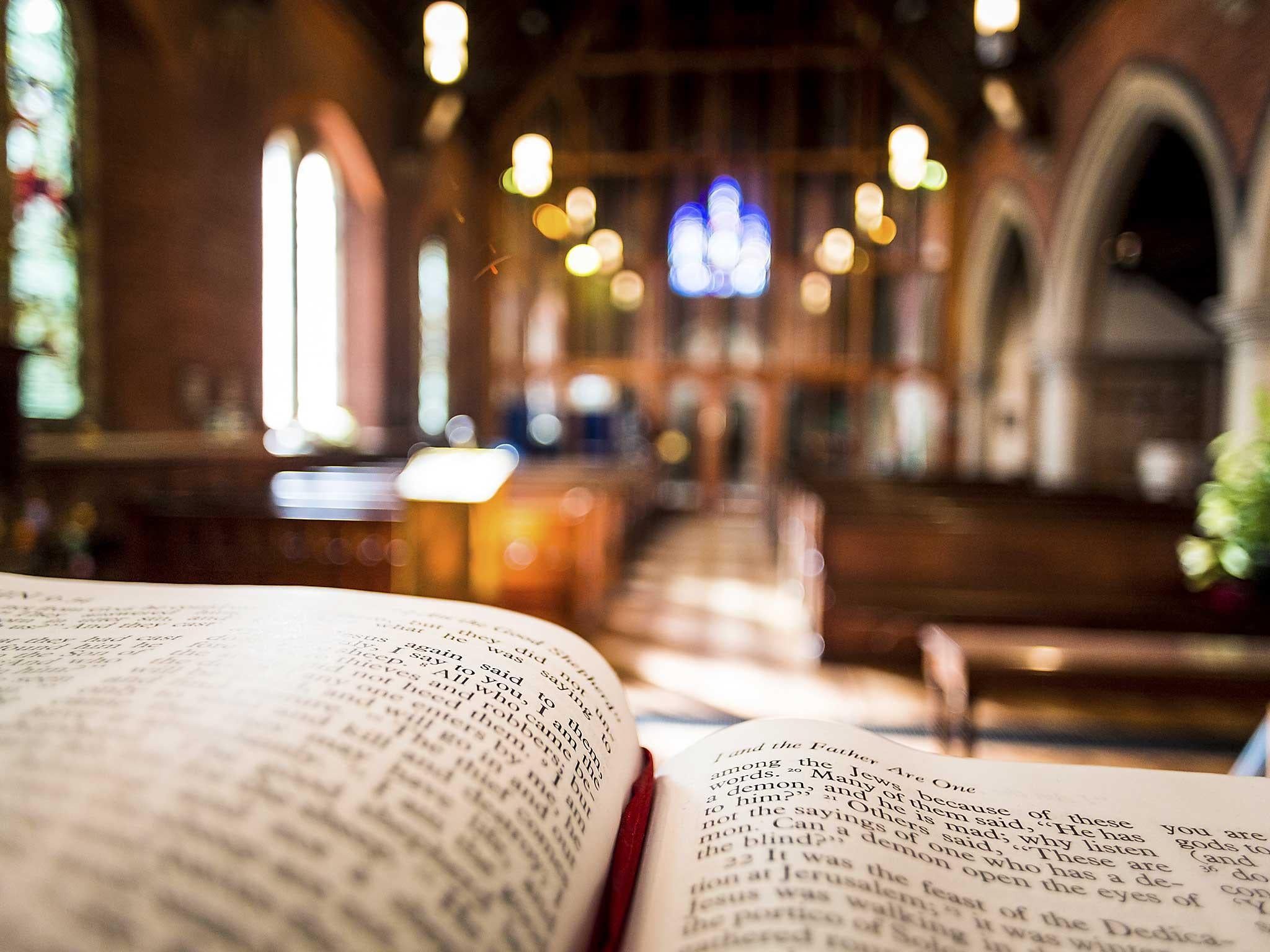With so few people going to church, they may no longer need to hold Sunday services
Centuries-old laws stating every church must hold a service on a Sunday may be quietly dropped

The Church of England is considering scrapping a law that requires churches to hold services on Sunday, after a big drop in the number of people going to church.
A paper posted on the organisation’s website reveals leaders are discussing plans to relax the centuries-old law that states services must take place every Sunday.
The update was posted by the Bishop of Willesden, chair of the Church’s Simplification Task Group which is tasked with simplifying and modernising church canons (rules).
He wrote: “The Task Group is considering…changes to Canons B11 and B14 to relax the requirements for regular worship in parish churches in sparsely-populated benefices.”
Canon B11 says: “Morning and Evening Prayer shall be said or sung in every parish church at least on all Sundays and other principal Feast Days, and also on Ash Wednesday and Good Friday. Each service shall be said or sung distinctly, reverently, and in an audible voice.” The wording was adopted in 1975.
Canon B14, meanwhile, was agreed in 1994. It reads: “The Holy Communion shall be celebrated in every parish church at least on all Sundays and principal Feast Days, and on Ash Wednesday and Maundy Thursday. It shall be celebrated distinctly, reverently, and in an audible voice.”
The rules are based on the first edition of the laws of the Church of England, which were agreed and recorded in 1604 during the reign of James I. They include rules stating that Christians must spend the Sabbath “hearing the Word of God read and taught in private and public” and every vicar must “preach one Sermon every Sunday of the year”.
The planned changes come amid a continuing decline in the number of people going to church in the UK.
Despite 59% of the population defining itself as Christian, less than two per cent attend services each week. Last year Sunday attendances fell to 760,000 – dropping below one million for the first time and to just one third of the figure for the early 1960s.
A Church of England spokesperson told The Independent: “The Church of England has some parishes with a lot of churches in them. It is impossible for vicars to get round all the churches on a Sunday, so they are effectively breaking the law. The simplification group is considering tidying that up."
“The Group is not considering having parishes without Sunday services – there just wouldn’t be a service in every church."
He denied the proposed change was related to declining church attendances, saying it was “related to the fact we have some parishes that include a lot of churches”.
The discussion on relaxing Sunday service rules was approved by the Archbishop’s Council, which is responsible for the Church’s strategy and planning.
Join our commenting forum
Join thought-provoking conversations, follow other Independent readers and see their replies
Comments
Bookmark popover
Removed from bookmarks